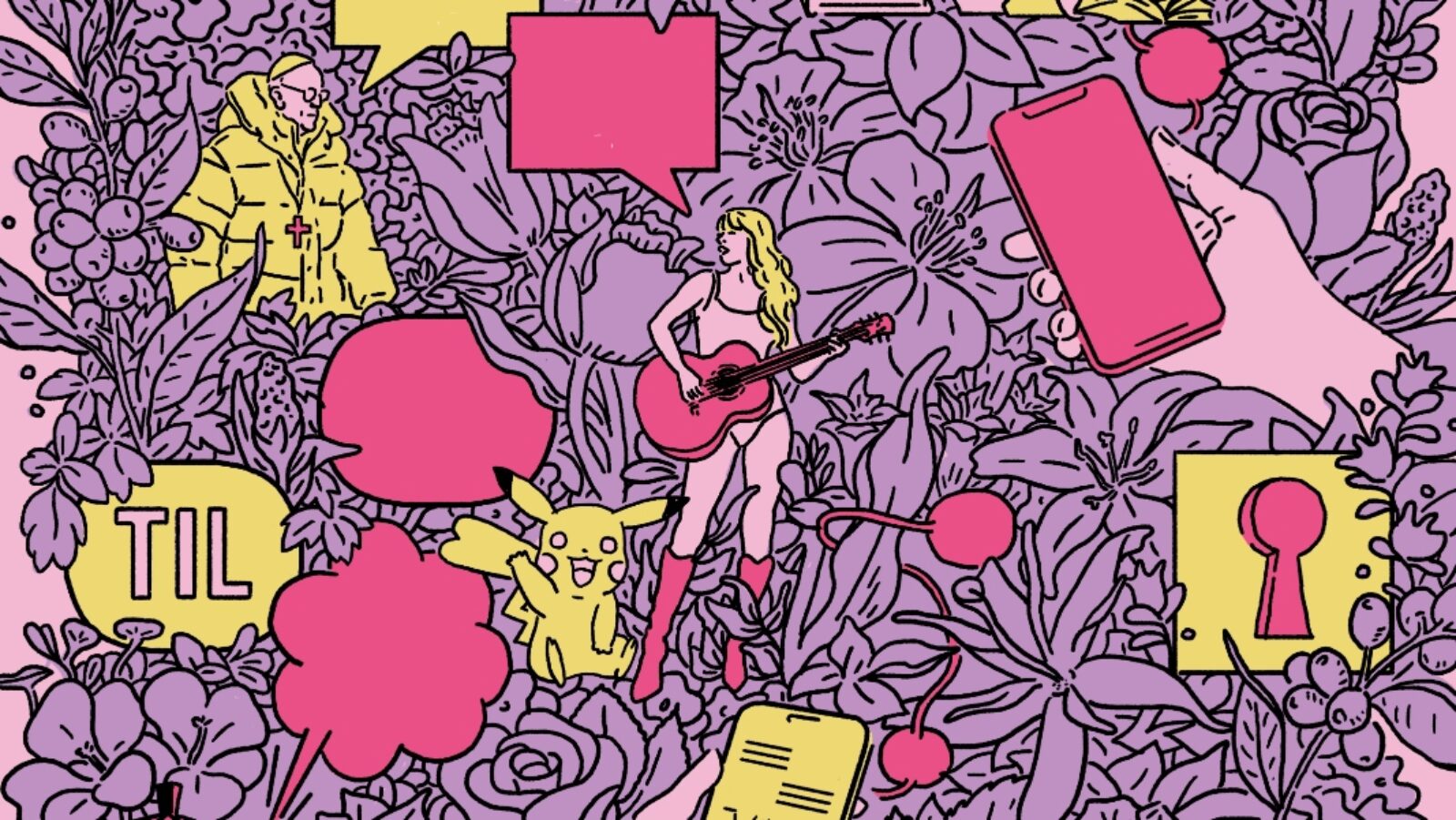AI Issue 126 of TELOS, Fundación Telefónica's magazine that seeks to understand the world, delves into intergenerational dialogue as a driver of social progress in a world transformed by technology, longevity, and environmental challenges. This issue focuses on learning from the young and growing with the elderly
In a constantly changing world, marked by the digital revolution, increased life expectancy, and the urgency of the climate crisis, intergenerational dialogue emerges as a crucial factor for social progress. Beyond a simple exchange of ideas, the dialogue betweenyoung people and seniors is seen as a necessity to learn from previous generations and understand the aspirations of those who come after. In this way, we can build a more inclusive, sustainable, and just future.
TELOS 126. Intergenerational Dialogue delves into this theme with a multigenerationalapproach, exploring the complexities, challenges, and opportunities that arise from the interaction between young people, adults, and the elderly, and how this relationship can become a driver of social change.

Intergenerational Dialogue: A Pillar for Progress Issue 126 of TELOS magazine invites us to rethink how we interact across generations. In a context where technology redefines our lives, longevity makes us reconsider the life cycle, and environmental issues are pressing, the authors of this issue, including Elsa Arnaiz, president of Talento para el Futuro, and Fidel Molina-Luque, professor of Sociology at the University of Lleida, agree on the need for a multigenerational approach where all generations participate equally in decision-making. The issue also features an interview with the world-renowned comic artist, Daniel Clowes, who explores the tensions and misunderstandings in the interaction between young people and the elderly.
In her article “Saving Democracy,” Arnaiz advocates for genuine intergenerational dialogue to curb democratic decay and promote mutual understanding. Molina-Luque, in his piece “Solidarity and Human Sustainability,” argues for the need for a new social contract based on intergenerational solidarity as an antidote to unwanted loneliness and ageism. This approach, which goes beyond mere coexistence, involves an active commitment to inclusion, equity, and social justice. A multigenerational effort that, as José Ignacio Conde-Ruiz, PhD in Economics and deputy director of FEDEA, argues in his article “Youth is the Only Possible Future,” will help overcome the precariousness faced by young people, combat ageism and loneliness, and build a more cohesive society.
The central notebook, illustrated by Luis Paadín, immerses us in a deep analysis of intergenerational dialogue, with articles by experts such as Fátima Álvarez, philosopher and expert in critical thinking; Miguel Lucas, Senior Global Innovation Director at LLYC; Carmen Huidobro and Belén Hinojar, communicators at Climabar; José Ignacio Conde-Ruiz, science communicator Doctor Fisión; video game journalist Nicolás Rábajo; technology philosopher Antonio Fernández Vicente; Jessica Bayón Pérez, PhD in Social Sciences and researcher at Nebrija University; and journalists Patricia Ruiz Guevara and Laura Martínez Otón, coordinator of Maldita Tecnología and PhD in Communication, respectively. Their reflections address crucial topics such as institutional disaffection, rural social entrepreneurship, innovation in the digital age, the fight against disinformation, and the construction of a new social contract between generations.
